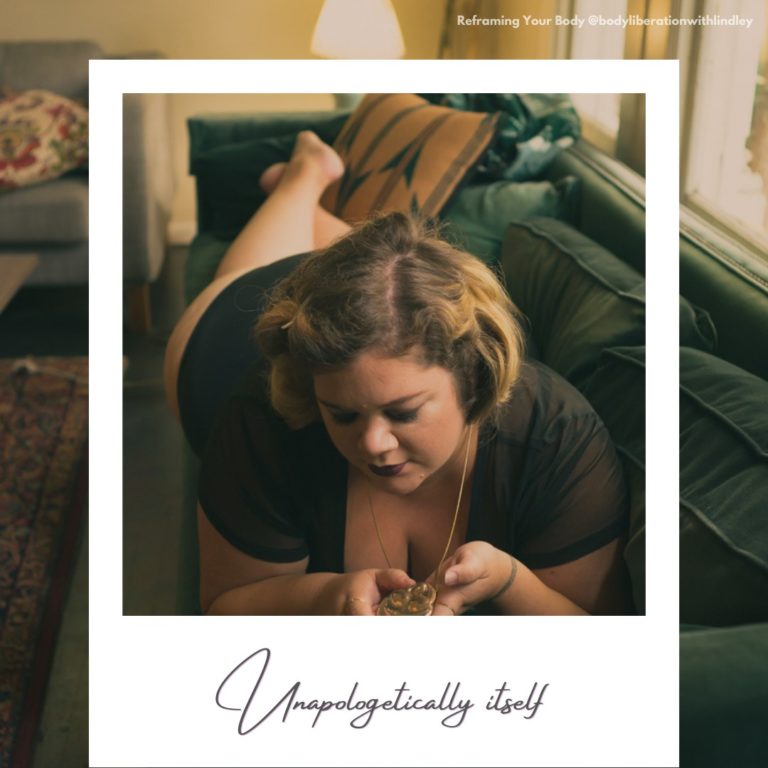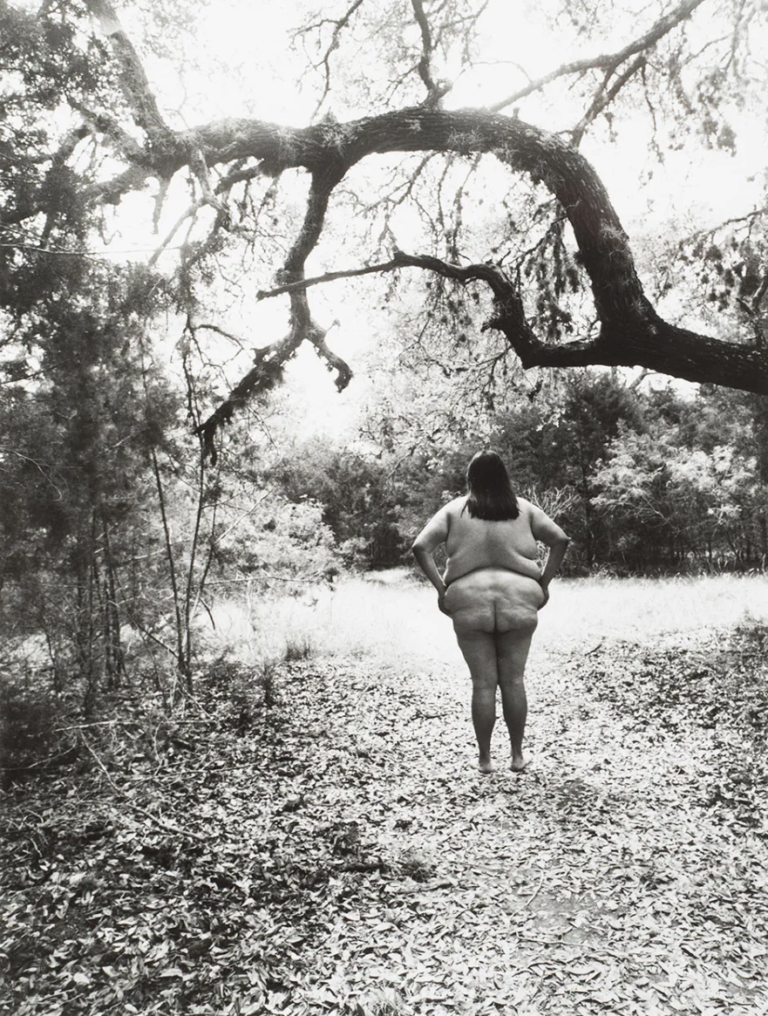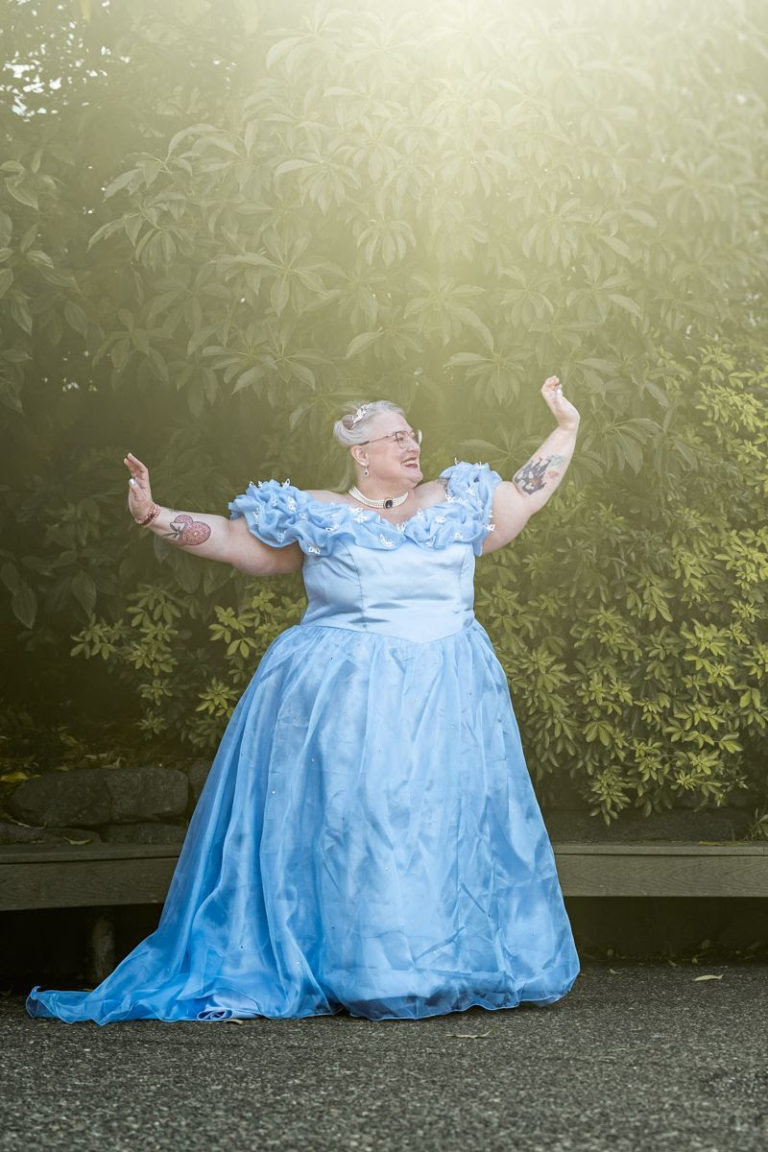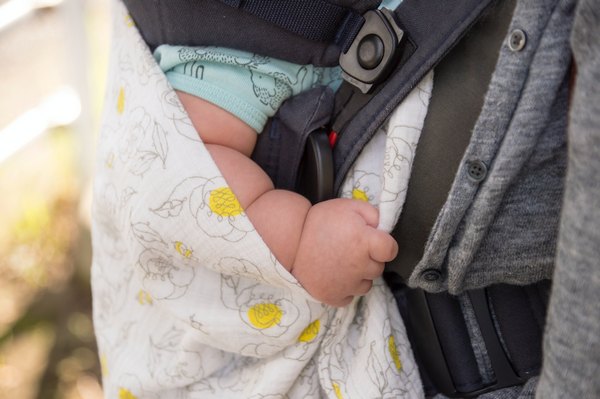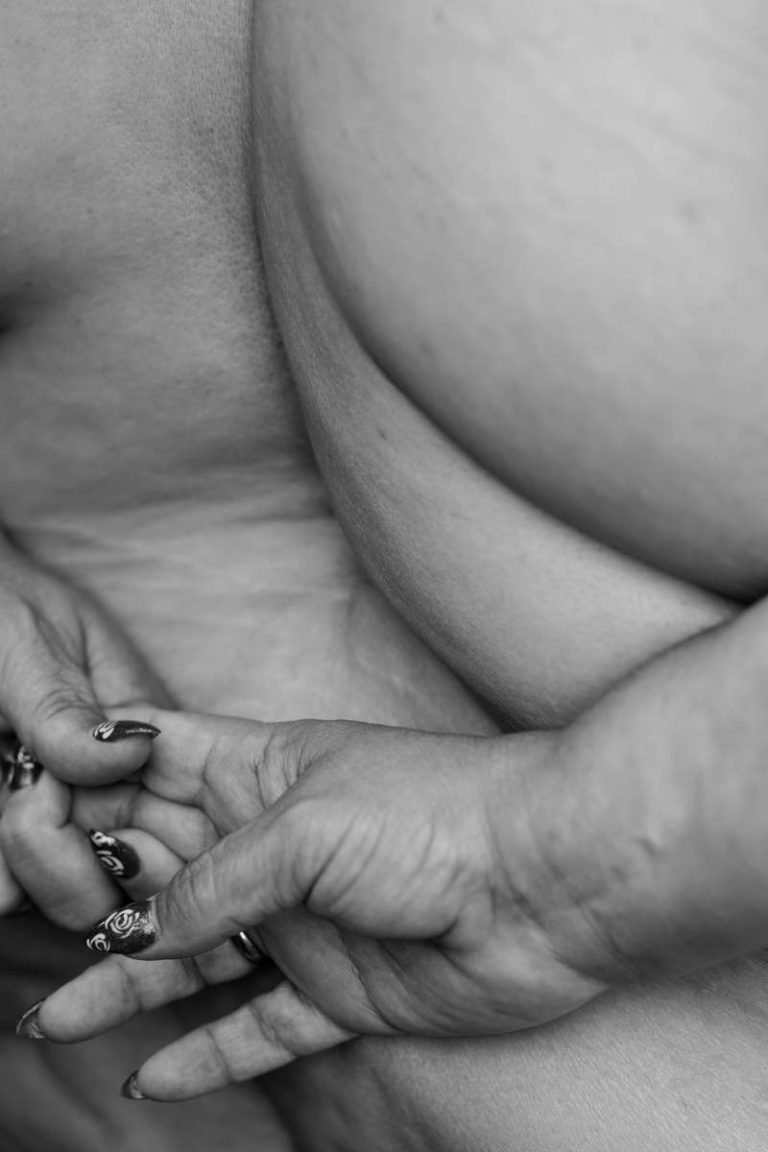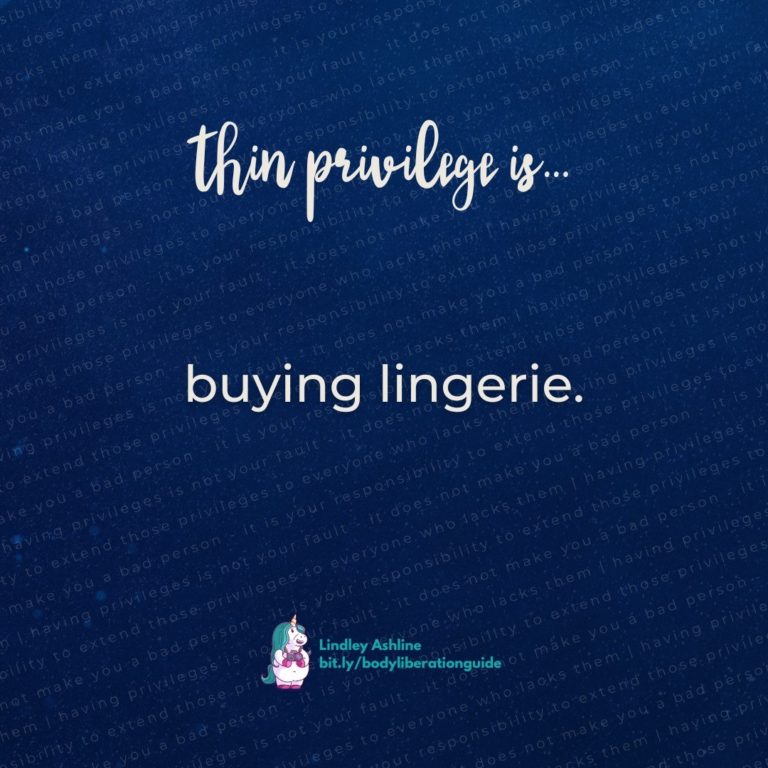Marginalization and the cost of things
I’ve been thinking so much about the cost of things lately, and how they interact with cost of living and marginalization and capitalism and labor and psychology.
Last week, I had the privilege of a behind-the-scenes chat with the organizer of Seattle Fat Con (affiliate link), an event happening in January here in town.
I’d known about the event for months, since it’s local and the subject of much chatter in my friends circle, but I hadn’t really looked into it or decided whether to go.
When I popped over to the Fat Con website to refresh my memory before meeting with Mx. Pucks, the first thing I was really impressed by was the event’s COVID policy (vaccination required and masks encouraged), which is the best I’ve personally seen in a while.
The thoughtfulness that created that policy was so clear as I talked with organizer Pucks about the effort that went into their choice of hotel for the event, their pricing considerations, and the way they’re structuring everything so that everyone has as good a time as possible (not just the VIP ticket holders).
As I found out in 2022 when I hosted a retreat, the more you focus on accessibility and inclusion, the harder it is to run your event, the less money you make, and the more people complain. (More on that last bit later.)
Let me tell you about the last big fat-centered event that happened here in Seattle, years ago.
The organizer (who later became a friend and is earnest and wonderful) charged a lot less money for tickets (there were still complaints), absolutely busted her tail to throw a great event, and ended up in tens of thousands of dollars of personal debt for it.
That’s just not fair to expect of anyone.
Let’s talk about clothing.
A few weeks ago, I bought a robe from Peridot Robes (non-affiliate link). I’d been considering this purchase for at least two years; these robes are expensive.
They’re created by superfat folks to prioritize superfat folks, though, and I’d never heard anything but raves, so I finally purchased a Soft Floral Peach Robe in black to replace my ratty collection of worn-out, too-small, not-warm-enough and cheap-but-ugly robes.
And this robe is glorious. It’s well made. It’s generously cut in the right places. It’s soft. It wraps around me with plenty of room to spare. It has interior and exterior ties so it stays shut without sliding uncomfortably under my boobs. The hem is waterfall cut so I feel elegant even in a bathrobe.
No, it’s not indestructible, and no, it’s not going to be financially accessible to everyone. (Though if you’re a size 4 or larger and can’t afford it, the shop owners encourage you to contact them for a potential free robe, because they’re clearly aware that good things cost more money and are trying to make them available.)
There’s a certain mentality that develops when you’re a marginalized person surviving under capitalism.
Fat people are hired less often, and we’re paid less. Very few businesses want to serve us, and everywhere we go we’re mocked and scorned — and at the same time, wrung out of every penny we do have.
Let’s take Torrid, the American clothing manufacturer owned by a big conglomerate. Torrid is the only big-box clothing store that makes clothing that suits my style and my body shape right now. Which is great, as far as it goes!
But they don’t carry enough selection in store for me to bother going, so I have to order everything online and pay shipping and deal with the hassle of returns. (More on that another day.)
And everything they sell me is cheaply-made, probably produced in a sweatshop somewhere, and incredibly expensive.
That’s what fat people get, so it’s what we expect.
So it’s no wonder we don’t trust businesses.
But there’s also a pervasive mindset in fat communities that fat people aren’t “allowed” to have businesses or to charge a living wage for their work. If it’s worth doing, it’s worth doing for free, right? Otherwise, it’s a clear indicator that the person attempting to charge money for their labor or time must be one of those mercenaries trying to get cynically rich from us.
Right?
And we find things to gripe about that we’d honestly ignore — or not even notice — coming from more mainstream, more powerful businesses.
Things just…cost money. And they cost money no matter how good your intentions are.
Someone has to spend days negotiating with venues for an event like Fat Con. Someone (me) went to measure the distance between toilets and walls in hotel rooms for my 2022 retreat. Someone has to spend the time and labor to figure out and enforce a COVID policy. These are just the reality in the system we live in.
With love, when you’re antagonistic towards fellow marginalized people trying to make a living wage, you’re punching across in a way that prevents people from being able to serve you in a way that’s sustainable.
Yes, $200 is a lot of money for one piece of clothing. But what Peridot Robes is charging for their ethically-made apparel is less than what, say, Boudoir by D’Lish (non-affiliate link) is charging thin people for their fancy bathrobes.
$250 for FatCon is $100 more than Emerald City ComicCon charges for general-admission tickets. But ComicCon is a huge organization, with hundreds of thousands of attendees across their many events. They have economy of scale and no focus on accessibility, social justice or the experience of marginalized attendees.
If you want marginalized people to have nice things, support marginalized business owners with your likes and shares and thoughtful comments. Recommend them to your friends and your Facebook groups. Defend them when trolls harass them.
And when possible, support them with money.
Like Peridot, Fat Con has clearly thought about making what they do as financially accessible to highly-marginalized people as possible. They’ve opened up scholarships to help attendees who otherwise wouldn’t be able to make it to the event, and I highly encourage the thin white folks in my readership to help out and drop some money in the bucket (non-affiliate link).
Another thing you can do is direct your employers and organizations towards these sponsorships that still need filling.
I have also put my money where my mouth is and committed to a $500 sponsorship for Fat Con.
This is one way we change the world together.
Hi there! I'm Lindley. I create artwork that celebrates the unique beauty of bodies that fall outside conventional "beauty" standards at Body Liberation Photography. I'm also the creator of Body Liberation Stock and the Body Love Shop, a curated central resource for body-friendly artwork and products. Find all my work here at bodyliberationphotos.com.



